NT Country Liberal Party parliamentary wing remain neutral on Indigenous Voice despite branch opposition
The CLP’s parliamentary wing has reaffirmed its neutral position on the Indigenous Voice to Parliament despite the party’s rank and file siding with Senator Price.
Northern Territory
Don't miss out on the headlines from Northern Territory. Followed categories will be added to My News.
The Northern Territory’s Country Liberal Party has moved to oppose an Indigenous Voice to Parliament.
Sky News last week obtained motions drafted by three of the party’s branches for debate at this weekend’s central council meeting.
However the party’s parliamentary wing has reaffirmed its neutral position remains unchanged.
“We have called on the Prime Minister to consult with communities in the Northern Territory to explain how the Voice will work and how it will makes lives better for people in the Territory,” a statement said.
“The Voice will be voted on by individuals at the referendum towards the end of the year.”
It comes as motions – from the Darwin, Alice Springs and Rural branches – all argue the party should adopt a formal position opposing the Voice.
“The money spent on this body, with the immense number of resources to support it would be better spent on programmes that actually assisted Aboriginal people,” the motion submitted by the Rural branch says.
“The Voice will not fix Aboriginal people’s health issues, poverty issues, housing and alcohol issues.
“Aboriginal people have a wide range of corporations, regional councils and land councils that give Aboriginal people opportunities to discuss Aboriginal issues with all tiers of governments in Australia.”
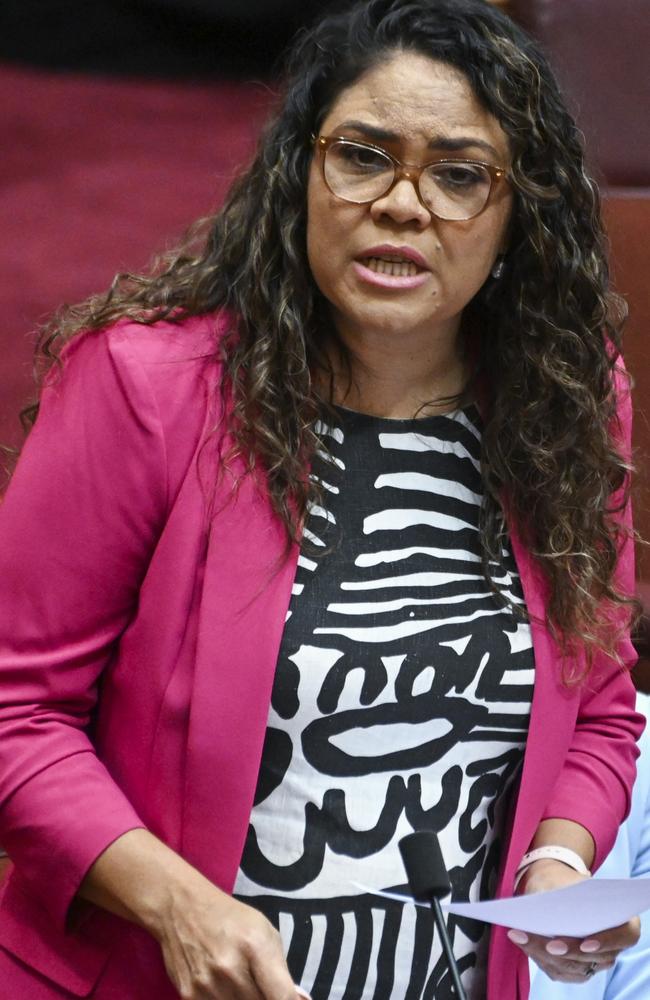
The Country Liberal Party’s Northern Territory Senator Jacinta Price welcomed the news.
“The CLP has sent a clear message that it will fight for an Australia in which all Australians are equal and these motions reflect that,” she said.
“Australians do not want racial division written indelibly in our Constitution.
“The Voice is divisive, it is a dangerous threat to our democracy and it is unfair — I am grateful to the members of the CLP who voted to oppose it.”
The Darwin branch also argued the party should oppose the Voice due to a lack of detail and the “potential impact on the supremacy of our democratically selected parliament”.
“We support immediate frontline action to address issues impacting Aboriginal and Torres Strait Islander people, recognising the immense challenges impacting many Indigenous communities, including domestic and family violence, healthcare, substance abuse, child safety, education, housing and unemployment,” the branch’s motion says.
“The key to addressing these serious issues is by government delivering frontline evidence-based solutions which aim to lift Aboriginal and Torres Strait Islander people out of poverty and stimulate economic participation in Indigenous communities.”
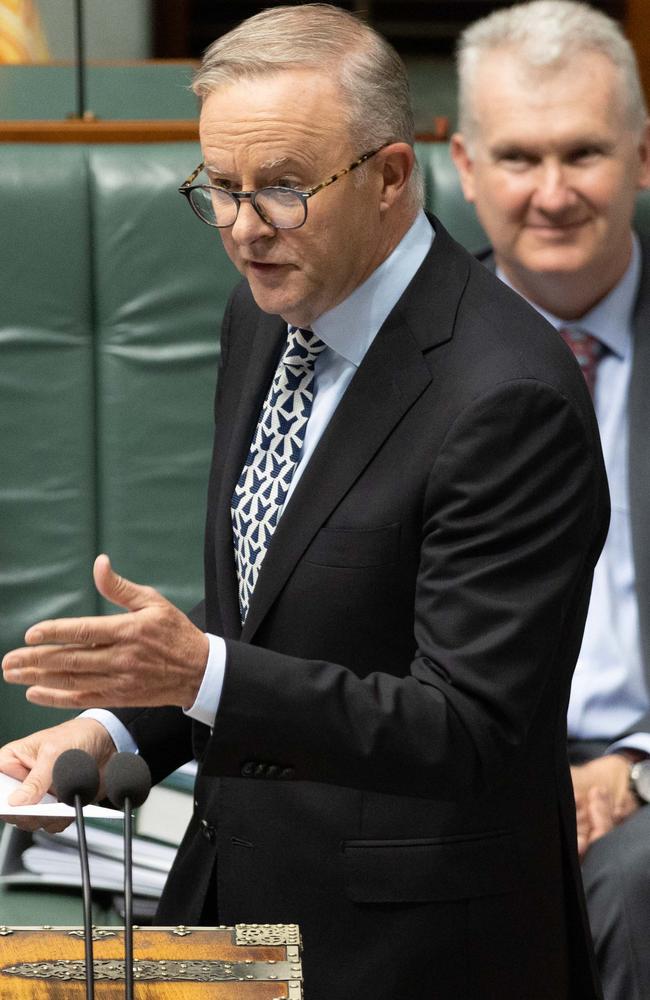
The Alice Springs branch raises concerns it would establish “another level of government”.
“The Voice goes directly against CLP ideologies and beliefs which are inclusive and do not differentiate Territorians based on race,” its motion says.
“With over 1100 Aboriginal funded organisations, land councils and other agencies and advisory bodies representing Indigenous Australians there is no merit to the suggestion that one Voice can represent all Indigenous Australians,” it says.
“Furthermore, there is no evidence that the Voice will support marginalised Indigenous Australians.
“What is needed are practical measures, not an ideal that lacks detail and divides us along the lines of race.”
The motions set up a showdown at the meeting for the CLP, which remains the only party in the country to produce an Aboriginal leader of an Australian government.
Senator Price has been the highest-profile member of the national ‘No’ campaign.
She has convinced that party to take an official position opposing the Voice.
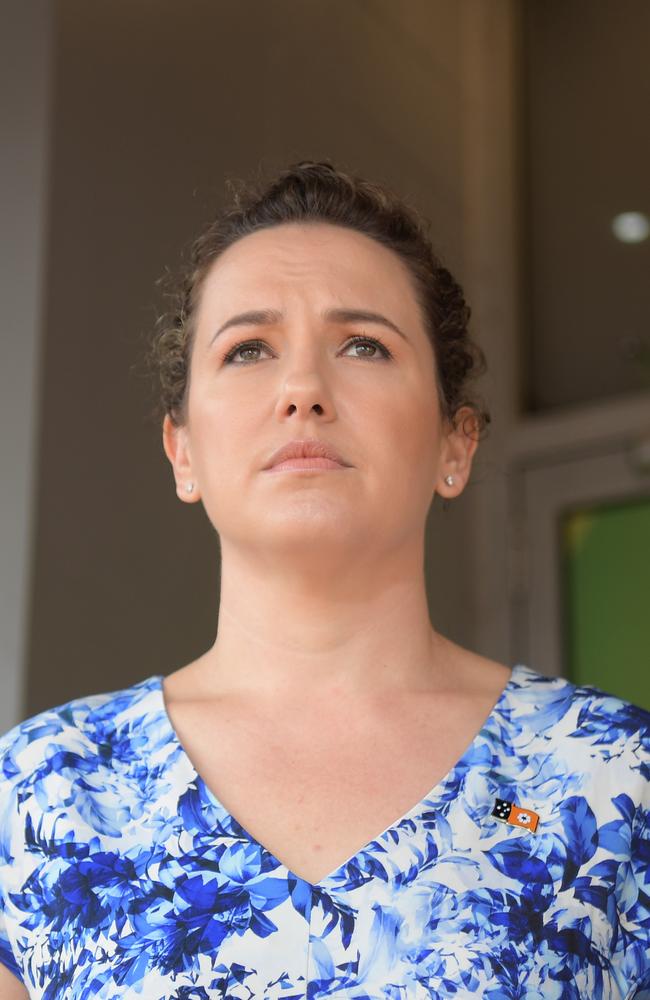
Last week she told the ABC she expected the Country Liberal Party would soon adopt the same position.
“I think you will find in the coming weeks that is exactly the position they will hold,” she said.
Earlier the CLP’s representatives in the Northern Territory were yet to take a firm position on the Voice.
“We’re not opposed to the Voice, what we care very much about is that the referendum is treated with respect,” Opposition Leader Lia Finocchiaro said on Tuesday.
“We want to make sure that every single Territorian understands what they’re voting for, understands the detail behind it.
“We’re certainly open to what it is a Voice could do for the Northern Territory but the last thing we want it to be is people from Sydney and Melbourne dictating the lives of Territorians.”
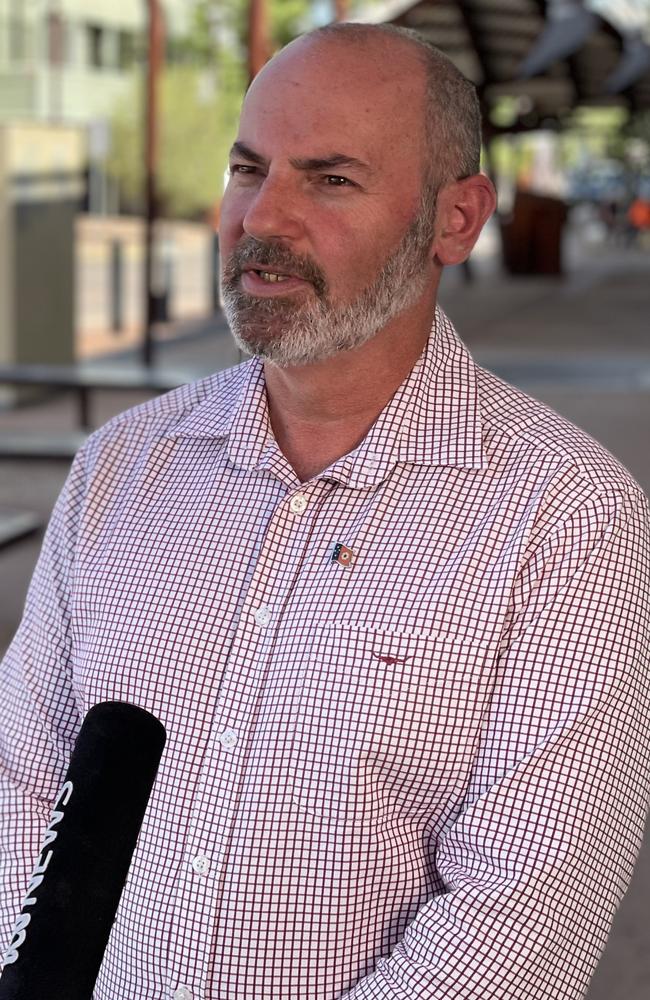
Separate CLP sources told Sky News they had concerns the Labor Party could exploit any opposition to the Voice from the CLP at next year’s Northern Territory election, particularly in bush seats with a high percentage of Aboriginal voters.
The CLP’s Bill Yan won the Central Australian seat of Namatjira by just 22 votes at the 2020 election. Steve Edgington’s margin in the seat of Barkly was even smaller, winning for the CLP over Labor’s Sid Vashist by just seven votes.
“If they do this they can kiss Namatjira and Barkly goodbye,” one source said.
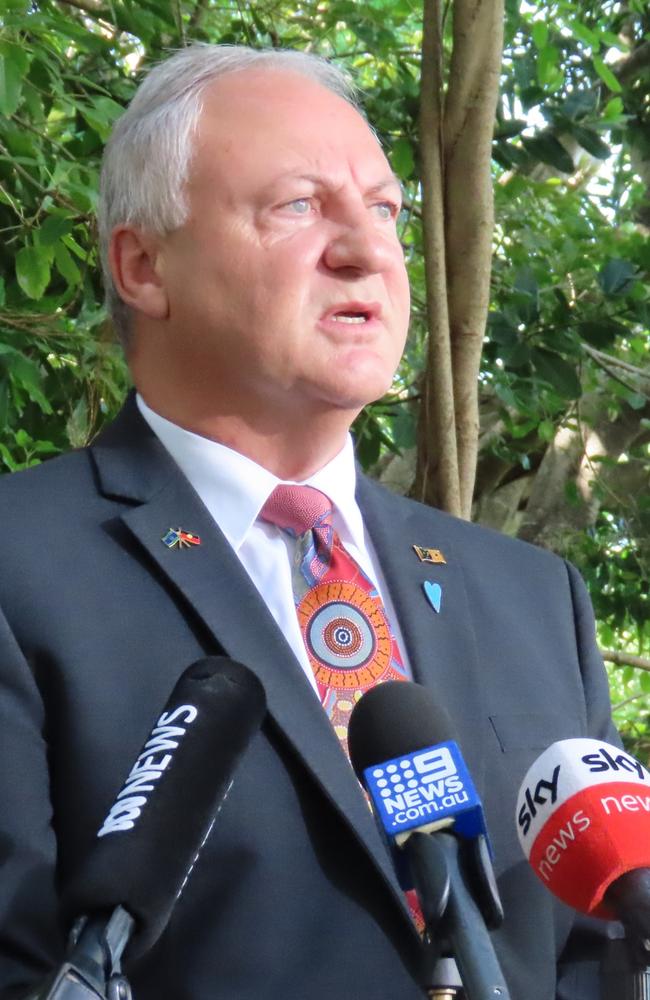
Asked on Wednesday if he was concerned Labor could use any opposition to the Voice against him in 2024, Mr Edgington said most of his constituents knew little about the proposal.
“My electorate is predominantly Aboriginal people and what I’ve always said is I want my electorate to be fully informed of what the advantages and disadvantage of the Voice, but at the moment there’s been no engagement through the Australian government with people living in remote areas about what the Voice means to the people living in those areas,” he said.
Labor introduced a motion to the NT Parliament on Wednesday calling for the Parliament to support the Voice. That motion is expected to be debated on Thursday.
CLP president Lawson Broad was contacted for comment.
Matt Cunningham is the Sky News Northern Australia Correspondent





